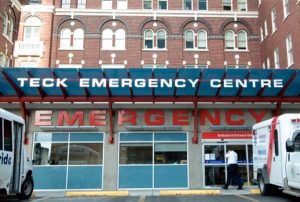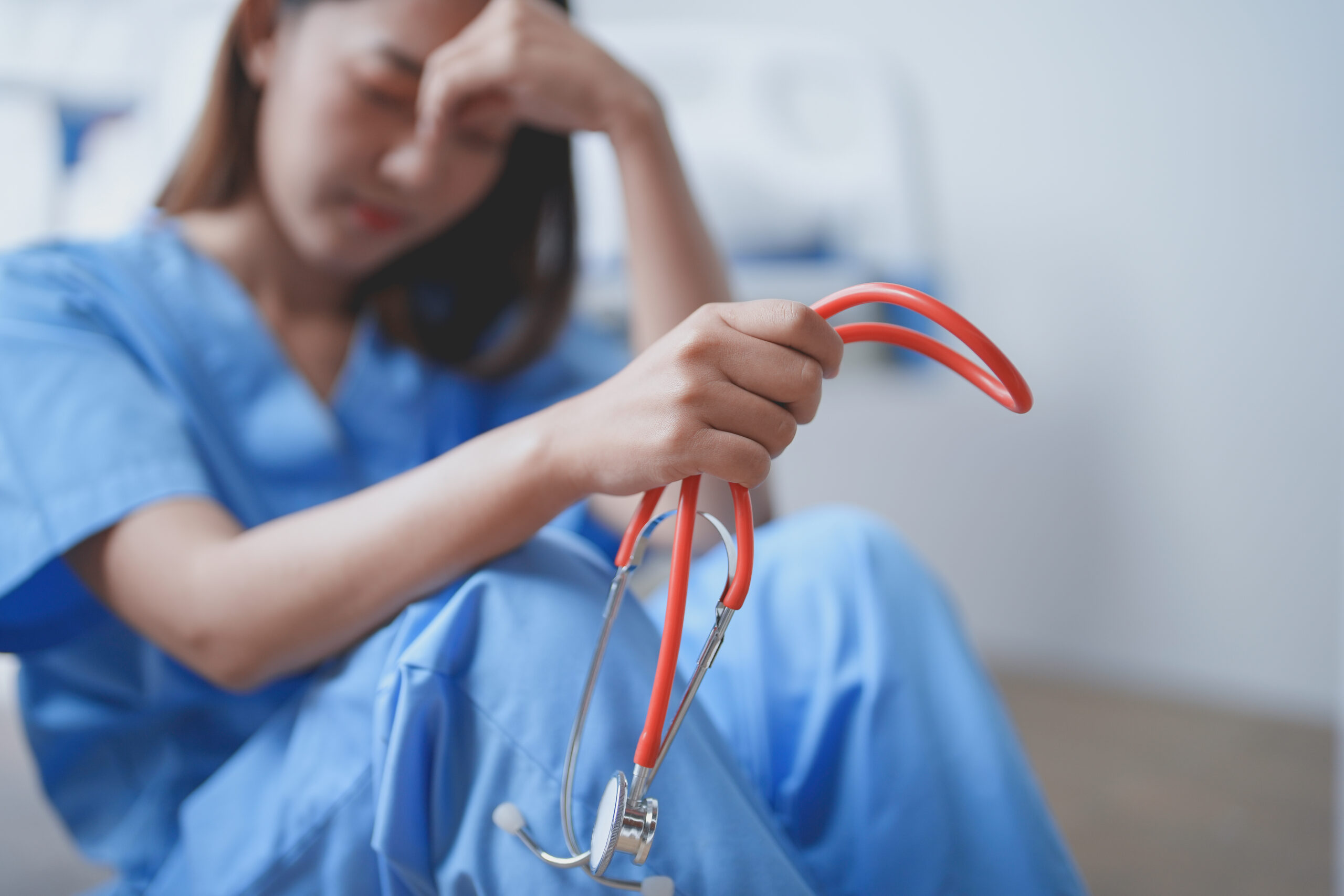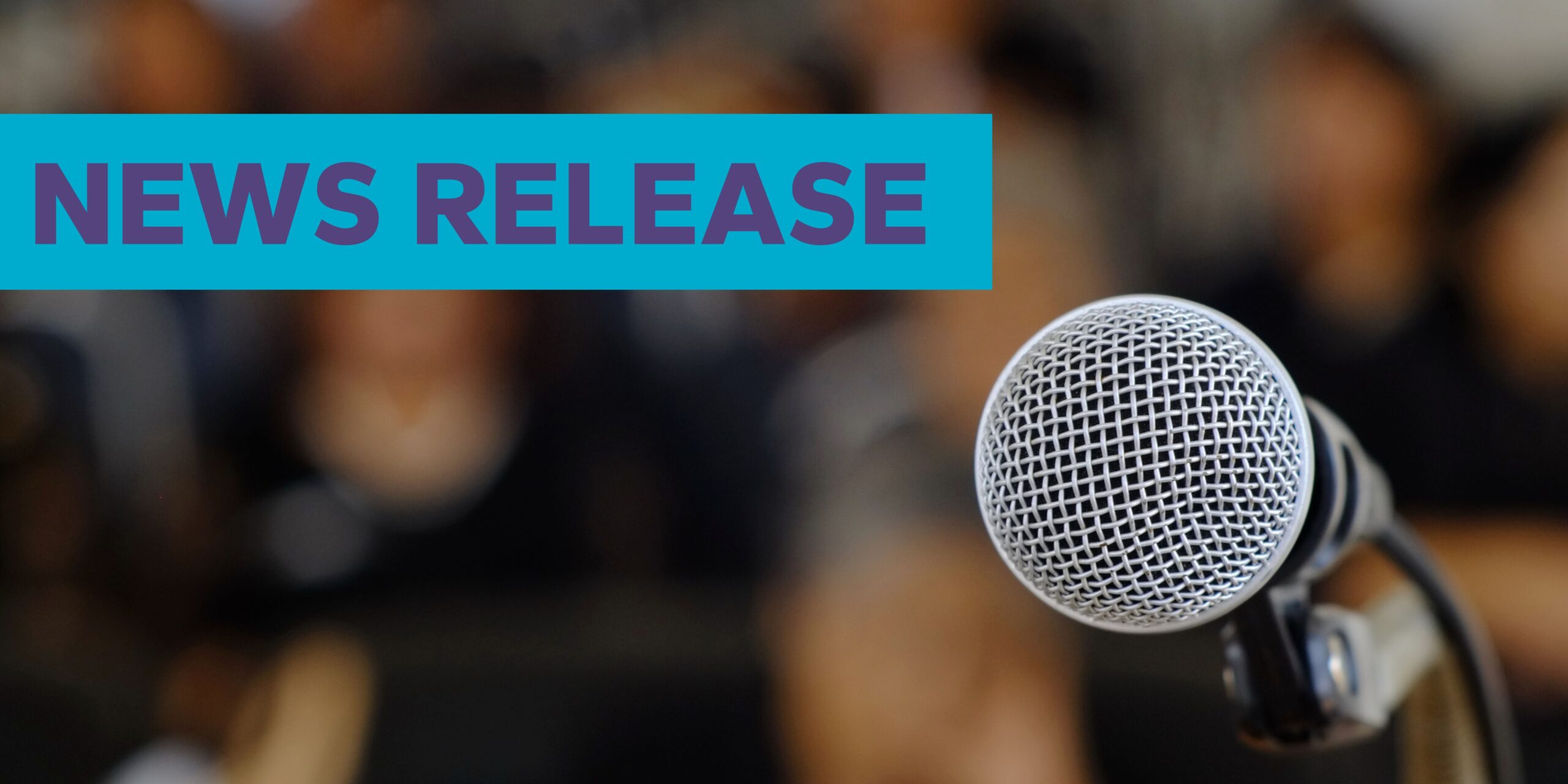Most fentanyl overdose survivors need little hospital care, UBC study finds
The Province covered a recent study that looked at a protocol for individuals that are brought to the emergency department after receiving the fast-acting antidote naloxone to reverse fentanyl overdose. The study found that most patients are at low risk of complications, requiring little care in hospital and can be discharged after a few hours of observation. CHÉOS Scientists Drs. Eric Grafstein and Brian Grunau contributed to the research.
A similar article also appears in the Vancouver Sun.
—
Potholes: The new fight over ‘drugged driving’

A study co-authored by CHÉOS Scientist Dr. John Staples regained attention in the media in light 4/20 celebrations and discussions surrounding legislation outlining testing procedures and penalties for drugged driving that will accompany cannabis legalization this summer. The study suggests the need for adequate safety precautions to be put in place due to the increased risk of traffic fatalities on April 20th.
The study was mentioned in The Star, The Seattle Times, The Star Vancouver, Scientific American, The Drive,Earth.com, and The Legal Examiner.
—
B.C. tops country in caesarean-section rates: federal report

In April, the Canadian Institute for Health Information (CIHI) released data on hospitalizations across the country which showed that British Columbia has the highest rate Caesarean Section rate in the country. In an article reporting on these findings in the Vancouver Sun, CHÉOS Scientist Dr. Sarah Munro noted that most women who have a C-section for their first delivery typically choose to have a repeat C-section for their second birth due to misconceptions that they are unable to have a safe vaginal birth. She is working on an online patient decision-making tool called My Next Birth, which will help women access information about childbirth choices.
The Star and Terrace Standard published similar stories.
—
Hypertension Canada releases list of recommended blood pressure devices

Just ahead of hypertension month, Hypertension Canada compiled a list of validated blood pressure monitoring devices for home use. CHÉOS Scientist Dr. Nadia Khan, also president of Hypertension Canada, commented on the importance of accurate monitoring of blood pressure – and by extension an appropriate device – as part of hypertension treatment in an article by the Canadian Press that appeared in the National Post, Calgary Herald and CTV News. A similar story appeared on Newsire.




